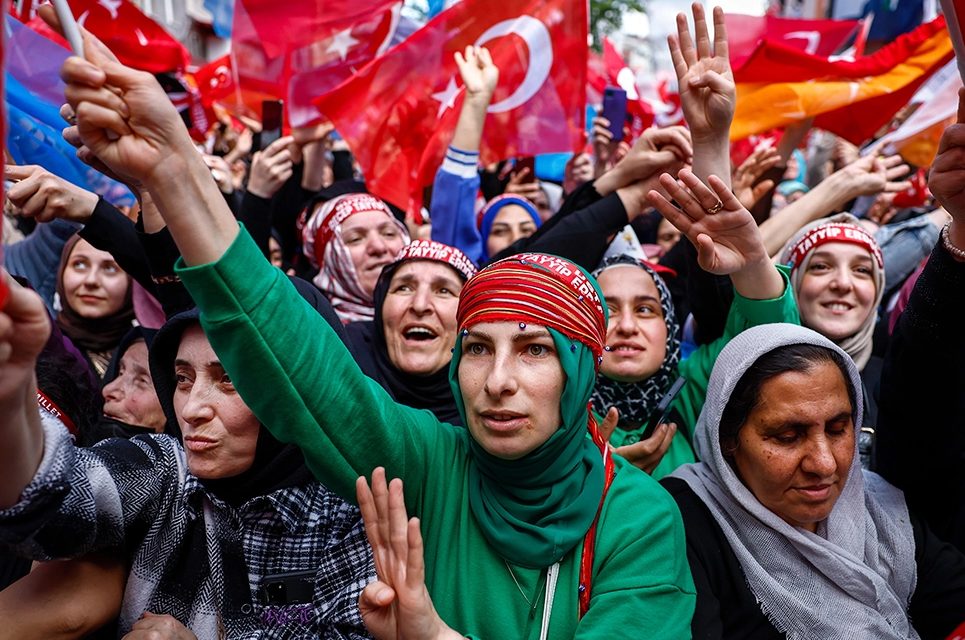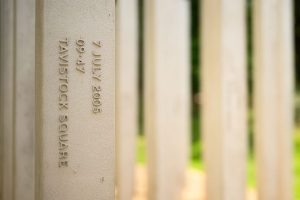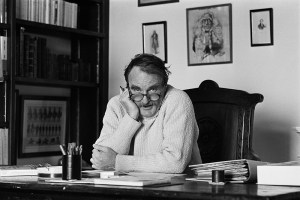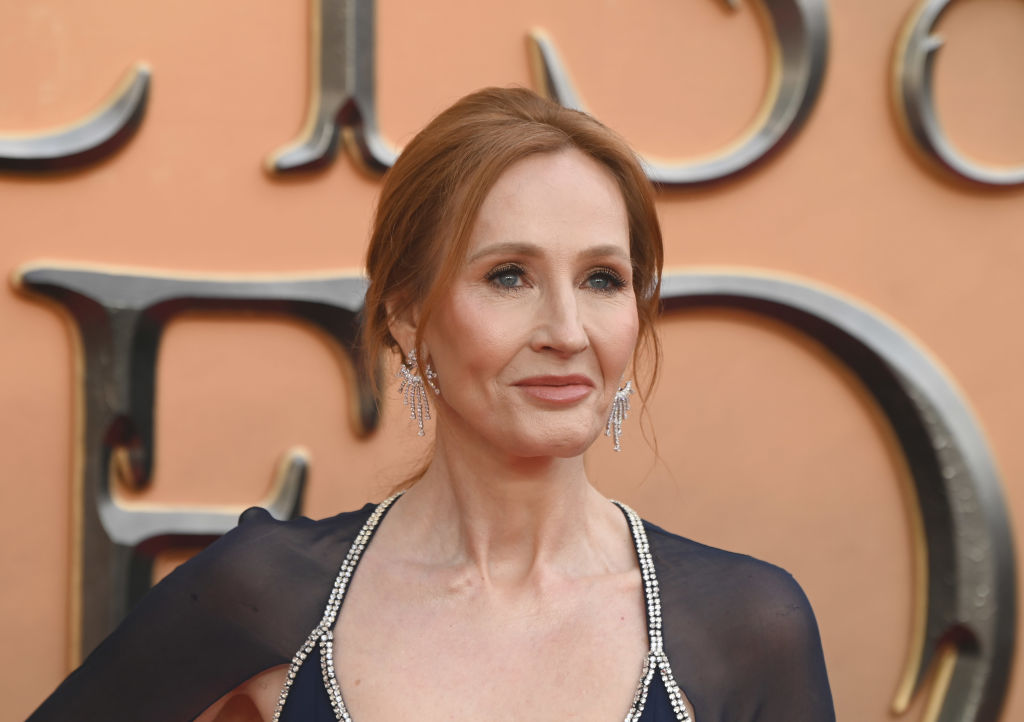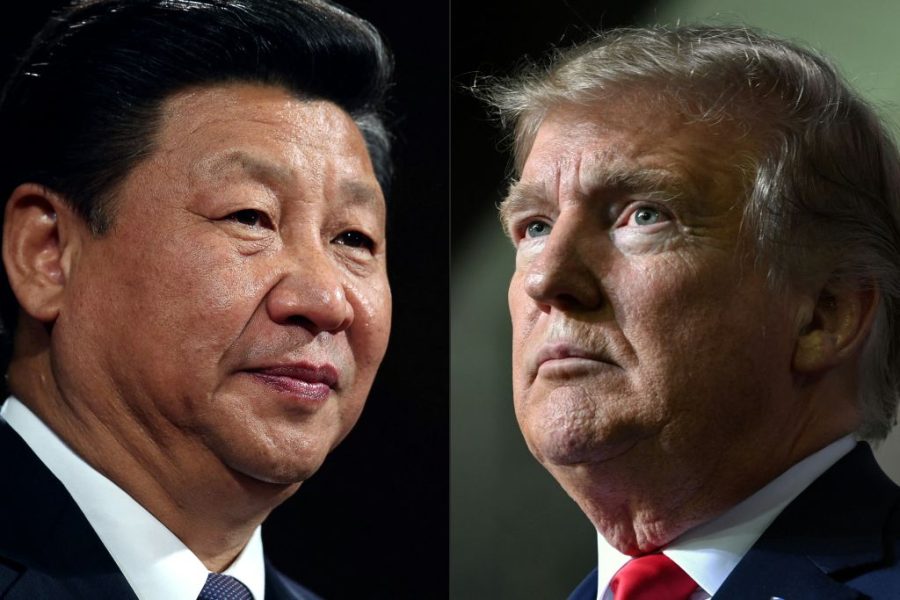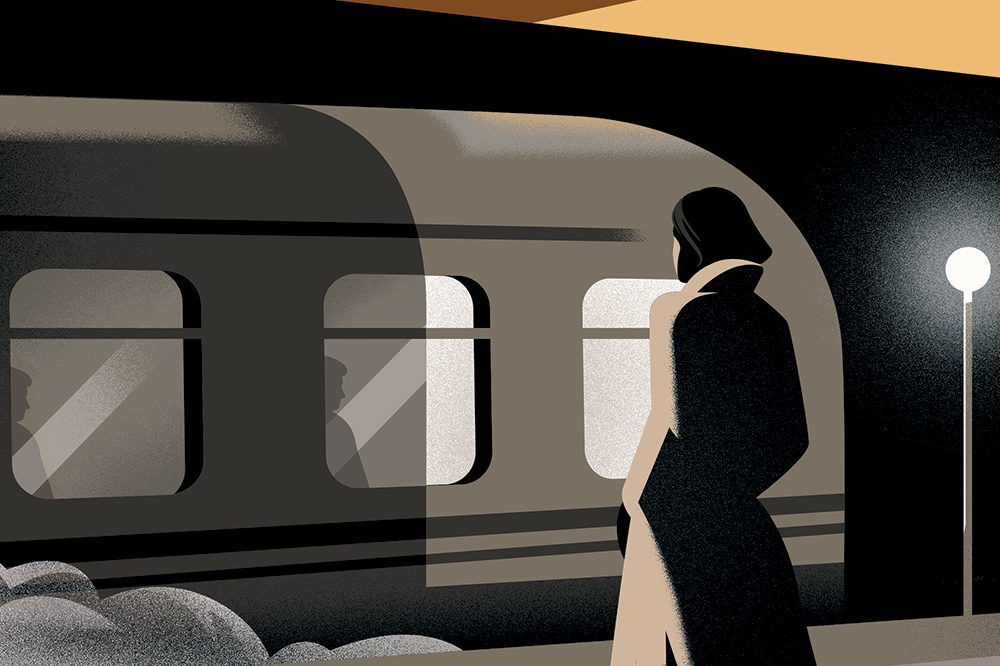The wonderful Barbara Kingsolver wrote that hope is something you should not admire from a distance, but rather live inside of, “under its roof.” Last week I lived under the roof of hope as the campaigns for the first round of the Turkish presidential elections drew to a close. This is an existential crossroads for Turkey, my motherland. The AKP under Recep Tayyip Erdoğan have been in power for two decades. Although they started off on their journey with promises of liberal reforms, a democratic constitution and plenty of rhetoric about joining the EU, they have become increasingly nationalist, Islamist, patriarchal and authoritarian with each passing year. Women’s rights have been rolled back and the Istanbul Convention against domestic violence was abandoned despite heartbreaking protests from women; press freedoms completely destroyed; separation of powers ruined; human rights activists, such as Osman Kavala, unlawfully put in jail.
The leader of the opposition, Kemal Kılıçdaroğlu, is a decent, principled politician who has run his whole campaign with admirable calmness and kindness. His fight against authoritarianism is not easy and the fact that he comes from an Alevi minority background has been used against him in a country where prejudice is never far from the surface. But despite the odds, he managed to bring together people from different backgrounds. His approach is constructive, peaceful. Thanks to him, the opposition is now more united than ever. So I live under the roof of hope and yet there is a tightness in my chest.
On Sunday, the day of the vote, the turnout was close to 90 percent, but it’s a mistake to call the elections free and fair. The Turkish media is heavily controlled, the monopoly of power is absolute. Erdoğan appeared on twenty-seven TV channels in the days before the election, while the opposition could only make their voices heard on limited platforms. Even Hagia Sophia, which should have remained a secular space to honor its long and diverse history as church, mosque and museum, was used for political rallying. On the evening before election day, Erdoğan led a prayer inside the mosque — a ritual performed by Ottoman sultans before they would lead their armies to war.
On Monday, as it became clear that the elections, so tight, so unfair, would end with a run-off next Sunday and that Erdoğan was ahead in the polls, I could not collect my thoughts. I felt deeply demoralized. Religious fundamentalism and ultranationalism have made big gains. This is very bad news for anyone who believes in democracy and respects the most basic human rights. The whole morning, I couldn’t read, I couldn’t write. All I could do was walk by the river.
The next evening, I was at the British Book Awards, “the Nibbies,” at Grosvenor House. The gala celebrates a variety of “bookish people,” from authors and illustrators to literary agents and booksellers. My latest novel was shortlisted in the “pageturner of the year” category, and I sat at a table with my brilliant editor Isabel Wall and the publishing team and probably drank too much wine. Salman Rushdie was honored, after the horrific attack he suffered last year on stage in New York. In a video message he said that “we live in a moment at which freedom of expression, freedom to publish has not in my lifetime been under such threat in the countries of the West.” In the US, there are more demands for book bans and censorship in public schools and libraries than ever before, according to the American Library Association. In Hungary, legislation has been passed to censor LGBTQ literature on a national scale. In Turkey, any story you write as a novelist can instantly get you in trouble because you might “offend the authorities.” In country after country, it’s not only freedom of speech that’s under threat. The very freedom that imagination needs for literature and art to survive is being curtailed.
The whole evening was deeply moving and inspiring. In the ladies room I ran into Maggie O’Farrell and we started chatting. There was a natural feeling of solidarity and sisterhood. Literature is home when you are in exile. It is one of our last remaining democratic spaces.
This article was originally published in The Spectator’s UK magazine. Subscribe to the World edition here.
Elif Shafak’s The Island of Missing Trees is out now.



